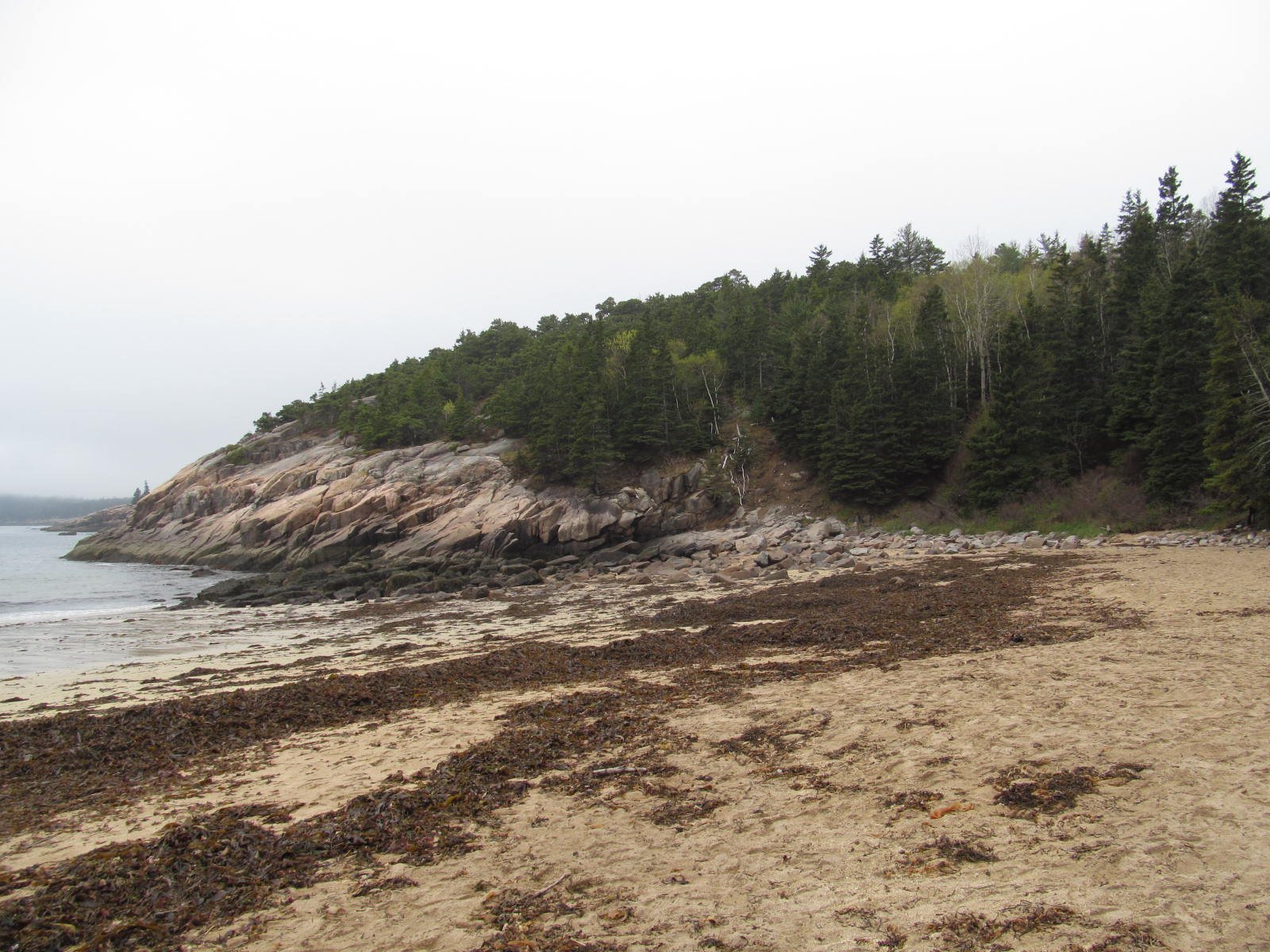Acadia National Park alerts provide crucial information for visitors, including road closures, trail conditions, and safety updates. Currently, the Park Loop Road is closed from November 17 to 27 for maintenance. Winter conditions require extra caution, with roads plowed only during daylight hours. Visitors should be aware of tick and poison ivy risks, as well as water safety precautions. Stay informed about these alerts to ensure a safe and enjoyable visit to Acadia National Park.
What Are the Current Road Closures in Acadia National Park?

The most significant current alert for Acadia National Park is the closure of the Park Loop Road. This closure is in effect from November 17 to 27, 2023. The primary reasons for this closure are:
- Maintenance work
- Preparation for the upcoming Cadillac Summit Road closure
This closure impacts access to various areas of the park, including popular attractions and trailheads. Visitors planning to explore the park during this period should be aware of alternative routes and adjust their itineraries accordingly.
How Does Winter Weather Affect Park Access?

Winter conditions in Acadia National Park can significantly impact visitor access and safety. Here are key points to consider:
- Road Maintenance: Park roads are plowed and sanded only during daylight hours.
- Limited Access: Some areas of the park may become inaccessible due to snow and ice.
- Safety Precautions: Visitors should be prepared for:
- Icy conditions on roads and trails
- Reduced visibility during snowstorms
- Potential for sudden weather changes
It’s crucial for winter visitors to check the latest weather forecasts and park alerts before their trip. Proper winter gear and vehicle preparation are essential for a safe visit during the colder months.
What Safety Precautions Should Visitors Take?
Acadia National Park presents various natural hazards that visitors should be aware of. Here are some key safety precautions:
Tick and Poison Ivy Awareness
- Ticks:
- Prevalent from late spring to early fall
- Can transmit diseases like Lyme disease
-
Use insect repellent and perform regular tick checks
-
Poison Ivy:
- Common throughout the park
- Protected plant species – do not remove or disturb
- Learn to identify and avoid contact
Water Safety
- Natural water bodies differ from swimming pools
- Lifeguards may not be present, even in summer
- Be cautious of:
- Strong currents
- Cold water temperatures
- Uneven and potentially slippery surfaces
Carriage Road Safety
- Be alert for maintenance vehicles and heavy machinery
- Follow all posted signs and warnings
- Yield to larger vehicles when necessary
How Can Visitors Stay Informed About Park Alerts?
To stay up-to-date with the latest Acadia National Park alerts:
- Check the Official Website: Regularly visit the National Park Service website for Acadia.
- Use the NPS Mobile App: Download the official National Park Service app for real-time updates.
- Follow Social Media: Connect with Acadia National Park’s official social media accounts.
- Contact the Visitor Center: Call or visit in person for the most current information.
- Sign Up for Text Alerts: Some parks offer text alert services for emergency notifications.
| Alert Type | Where to Find Information |
|---|---|
| Road Closures | NPS Website, Park Entrance Stations |
| Trail Conditions | Visitor Centers, Trailhead Notices |
| Weather Alerts | Local Weather Services, Park Website |
| Safety Advisories | Park Bulletin Boards, Ranger Stations |
What Emergency Resources Are Available in the Park?
In case of emergencies within Acadia National Park:
- Emergency Number: Dial 911 for immediate assistance.
- Park Rangers: Trained to handle various emergencies and can be found at visitor centers and on patrol.
- First Aid Stations: Located at major visitor areas and campgrounds.
- Emergency Shelters: Identified locations throughout the park for severe weather events.
Visitors should always carry:
– A detailed map of the park
– First aid kit
– Sufficient water and food
– Appropriate clothing for changing weather conditions
Remember, cell phone coverage can be limited in parts of the park, so it’s wise to have a backup communication plan.
How Do Seasonal Changes Affect Park Alerts?
Acadia National Park experiences distinct seasonal changes that influence park alerts:
Spring Alerts
- Mud season warnings for hikers
- Potential for late-season snow and ice
- Wildlife activity increases, including bear awareness
Summer Alerts
- Heat advisories and hydration reminders
- Increased traffic and parking restrictions
- Fire danger warnings during dry periods
Fall Alerts
- Leaf-peeping crowd management
- Early frost and ice warnings on trails and roads
- Preparation for winter closures
Winter Alerts
- Snow and ice road conditions
- Avalanche risks in certain areas
- Limited services and facility closures
Visitors should always check seasonal alerts before planning their trip to ensure they are prepared for the specific conditions they may encounter.
By staying informed about Acadia National Park alerts, visitors can ensure a safer, more enjoyable experience in this beautiful natural setting. Always respect closures and warnings, as they are in place to protect both visitors and the park’s delicate ecosystem.
References:
1. https://www.nps.gov/acad/learn/news/20241125.htm
2. https://www.nps.gov/acad/planyourvisit/safety.htm
3. https://www.nps.gov/acad/planyourvisit/winter.htm

